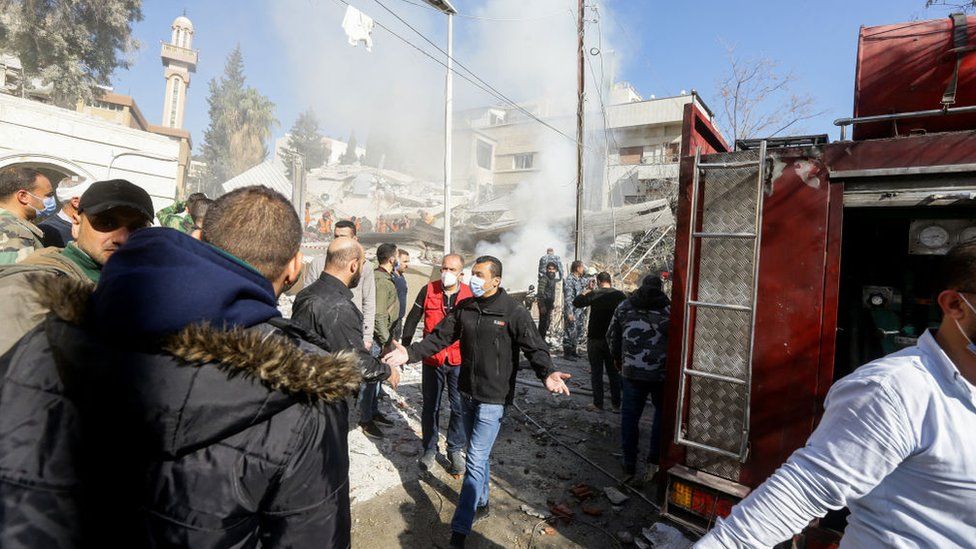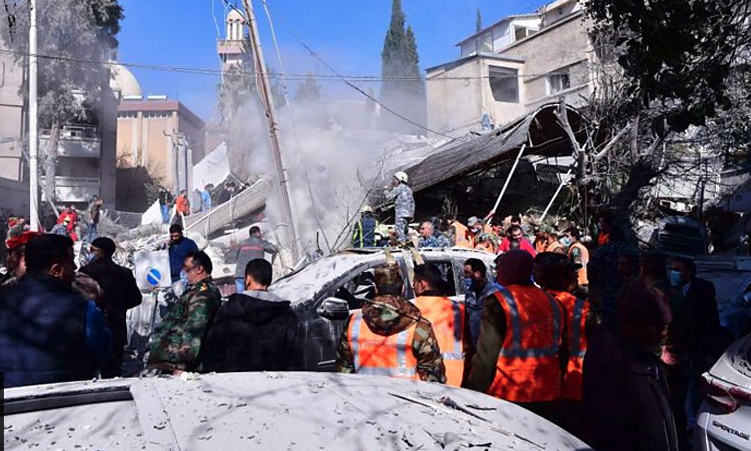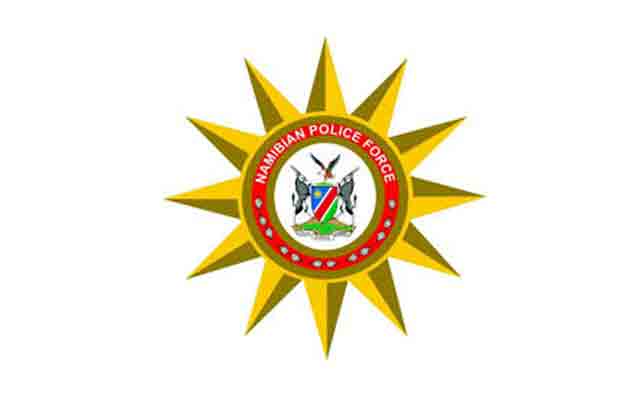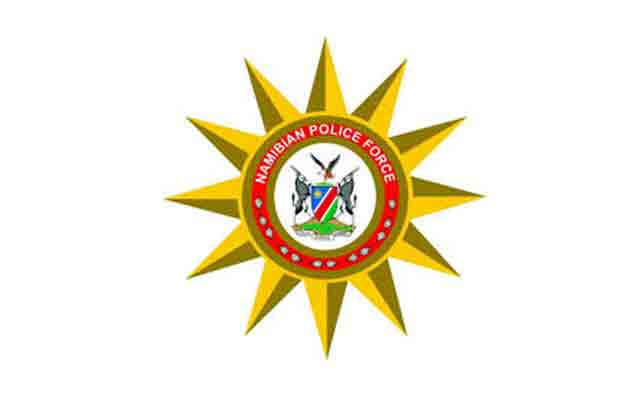Iran’s president said an air strike on the Syrian capital that killed five senior members of Iran’s security forces will not “go unanswered”.
Ebrahim Raisi said Israel was to blame for the attack, which also killed a number of Syrian forces.
Israel has not commented. For years it has carried out strikes on Iranian-linked targets in Syria.
Such strikes have intensified since the Israel-Gaza war began following Hamas’s 7 October attacks on Israel.
In a statement posted on the president’s officials website, Mr Raisi expressed his condolences to the families of the “high-ranking martyrs”.
He vowed to avenge their deaths, and described the attack as a “cowardly assassination of five of Iran’s most distinguished advisors”.
The statement described the strike as “terrorist and criminal” and said it “shows the height of [Israel’s] desperation and weakness against the combatants of the resistance front”.
“It will not remain unanswered,” said the statement.
Iran’s foreign ministry said the attacks were an “aggressive and provocative” act by Israel, urging international actors to condemn them.
Senior figures among the Iranian Revolutionary Guard – a major military, political and economic force in Iran – have been present in Syria since the civil war began there in 2011, helping to support the regime of President Bashar al-Assad against widespread rebellion to his rule.
Saturday’s attack took place in the Mazzeh neighbourhood, south-west Damascus, an area home to a military airport, as well as the UN headquarters in Damascus, embassies and restaurants.
Iran’s semi-official Mehr news agency said the attacks killed the IRGC’s Syria intelligence chief and his deputy, as well as other Guard members.
The Syrian Observatory for Human Rights, a UK-based campaign group, said 10 people were killed in the strikes, including leaders of the Revolutionary Guard.
The state-run Syrian Arab News Agency quoted a military source as saying it had managed to stop some of the missiles, but that the attacks – which it said had hit a residential building – killed and injured some civilians. Buildings were also destroyed, it said.
A resident told AFP news agency that they saw “explosions” in the western Mazzeh area and “a large cloud of smoke”.
“The sound was similar to a missile explosion, and minutes later I heard the sound of ambulances,” he added.

Videos, which the BBC has not verified, showed a large cloud of smoke and buildings destroyed.
Last month a suspected Israeli air strike just outside Damascus killed a senior IRGC commander.
The Middle East has been on heightened alert since 7 October, when Hamas launched an attack on southern Israel, killing about 1,300 people, mainly civilians, and taking 240 hostages back to Gaza. More than 132 hostages are thought to still be held in the territory.
More than 24,900 people have been killed in Gaza since Israel launched its military response, according to the Hamas-run health ministry. Israel says its ground and air operation in Gaza is aimed at destroying Hamas.
The conflict has raised concerns about a wider war spreading around the region, particularly between fierce rivals Israel and Iran, and amid a series of overlapping crises.
Israel is targeting the Palestinian group Hamas, which is supported by Tehran. It has been carrying out precision strikes across the border in Syria for some time now, bombing weapons supplies heading for its Iran-backed foe, Hezbollah, or taking out key figures in that supply chain, and it is also exchanging fire with Hezbollah in Lebanon.
Iran-backed groups in Iraq and Syria are also targeting US forces in the region, and the US and UK have struck the Houthis – another Iran-backed group – in Yemen, who have been attacking ships in the Red Sea.
Fears about an even wider conflict were further heightened this week, when Iran exchanged strikes with its neighbour Pakistan.
On Tuesday, Iran admitted carrying out a missile and drone attack in south-western Pakistan, killing two children, saying it was targeting an “Iranian terrorist group” in Pakistan.
Days later, Islamabad hit back, launching strikes it said were targeting “terrorist hideouts” in south-eastern Iran, killing nine people.
Although both sides insisted they were targeting militant bases in each other’s countries, Iran and Pakistan withdrew their ambassadors from the respective capitals.
But following talks, diplomatic ties were restored.
Iran has hit targets in Pakistan, Syria and Iraqi Kurdistan, Turkey has also bombed Kurdistan, while Jordan has attacked drug smugglers across its border with Syria.
The US is still hitting ISIS in Syria and simultaneously fighting off drone strikes by Iran’s proxies there and in Iraq.
There is no common policy behind these attacks, other than the well-worn pretext of “acting in national self defence”.
Stay informed with The Namibian – your source for credible journalism. Get in-depth reporting and opinions for
only N$85 a month. Invest in journalism, invest in democracy –
Subscribe Now!






